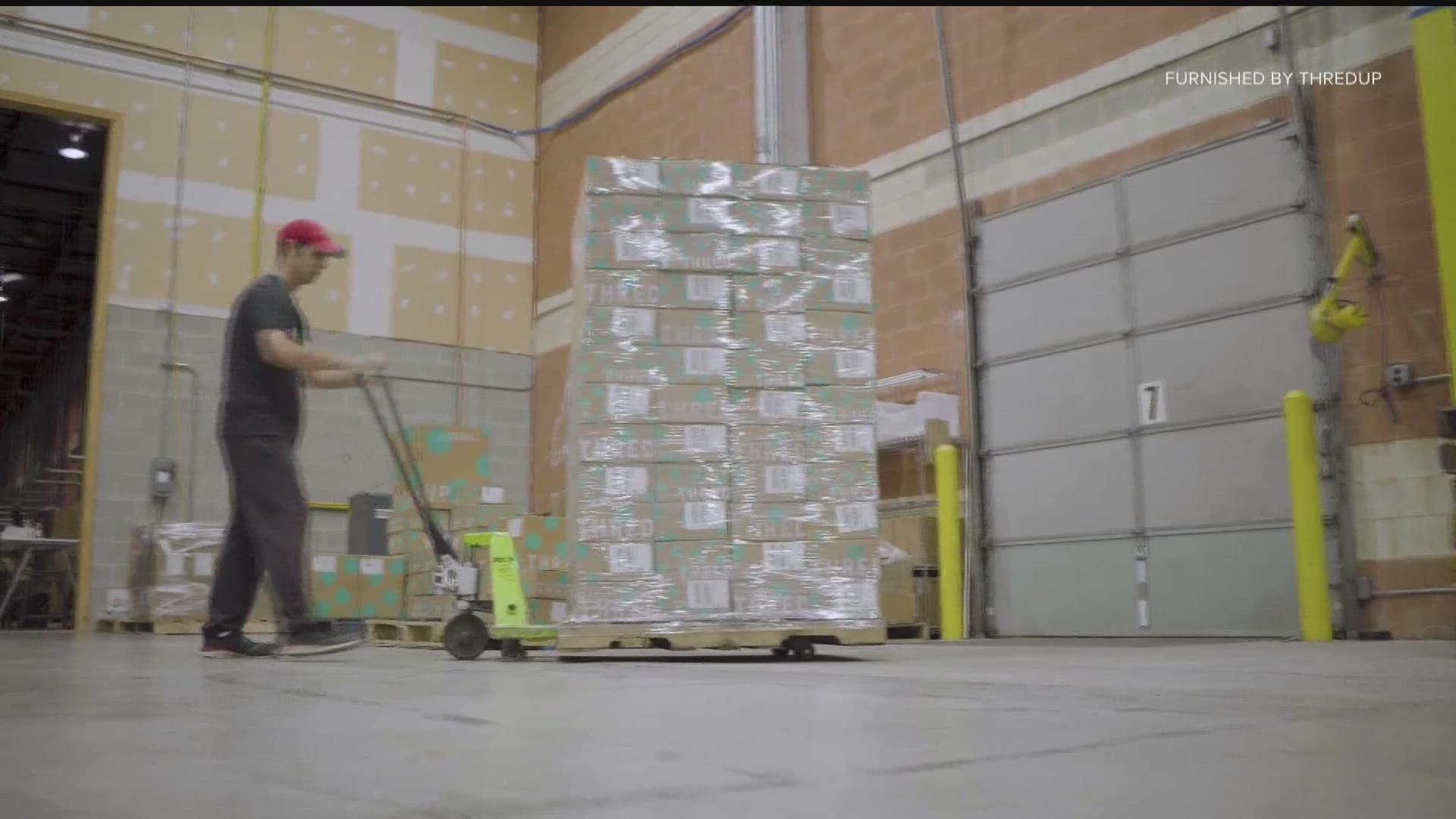MINNEAPOLIS — The success of the four-day work week that is prevalent in Iceland is now a kind of framework for companies all over the world.
"Coming out of the pandemic, we learned a lot about how people were working, and so one of the things we discovered was that people could be more efficient with their time," thredUP's CEO and co-founder James Reinhart said.
Reinhart said thredUP decided to work four days a week about a year and a half ago, initially as an experiment.
"I think being a pioneer is never easy, but I think if you take a first principles approach to how do you design work, ultimately what you find is that employees who are well rested, engaged, happy and stable have longevity at the company," Reinhart said. "All those things generally correlate with high impact at a company."
Apparently when it was first announced, it was received with glee.
"We were really trying to prove to people that we cared about the balance they had at home and at work," Reinhart said. "Ultimately, I believe happy employees are great employees, and the four-day work week is a part of that."
He said the initiative is attracting more like-minded applicants.
"On the hiring side in particular, we do have more people applying. More people really do ask us, 'Hey, is this going to be a staying thing?' Because I think people really arrange their lives around it," Reinhart said. "And they're making choices about where to work and thredUP is that kind of place. This is a great place for my family and the flexibility I want in my life, so it certainly has helped."
According to the company:
- More than half of new hires who completed an onboarding interview stated the four-day work week tipped the scale in their decision to join thredUP.
- Eighty-eight percent of thredUP’s team stated the four-day work week was a positive change for the company, according to an employee engagement survey.
- Voluntary turnover of thredUP’s corporate team decreased by more than half since the introduction of the four-day work week.
So what about productivity?
"We don't track minutes of productivity per day, but I feel confident that we're not having to push off things that are strategic to the company because of the four-day work week," Reinhart said. "I think what it does, is it makes us ruthlessly prioritize the things we're trying to accomplish, and we make sure people aren't doing busy work and focused on doing the highest impact things."
This means employees are also reconsidering their workflows. For example, "Do I really need to be in this meeting right now? Or could I be doing something else?"
U.S. companies are asking those very questions as they play a little bit of catch-up through pilot programs like 4 Day Week Global.
"We have yet to prove that it's not working, and I think we always reserve the right to change these things," Reinhart said. "And we're pretty well into this experiment and the data is pretty compelling that we're able to get what we need to get done, and ultimately, it's better for the employees. I often laugh that if we were to go back rethink the whole world of work and family, why would we decide to work for five days and rest for two?"
Watch more Breaking The News:
Watch all of the latest stories from Breaking The News in our YouTube playlist:

